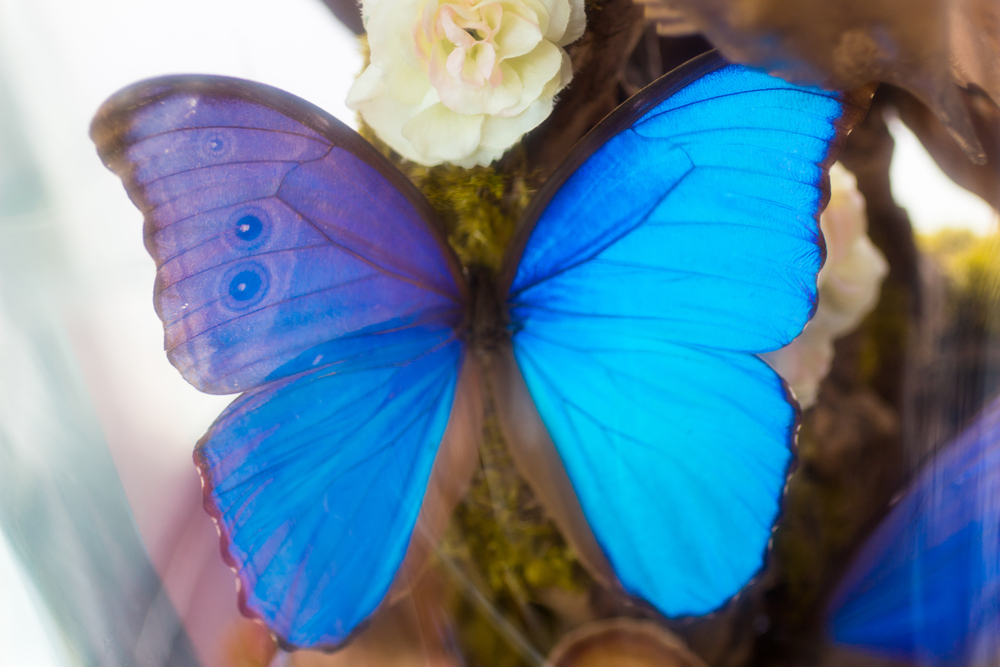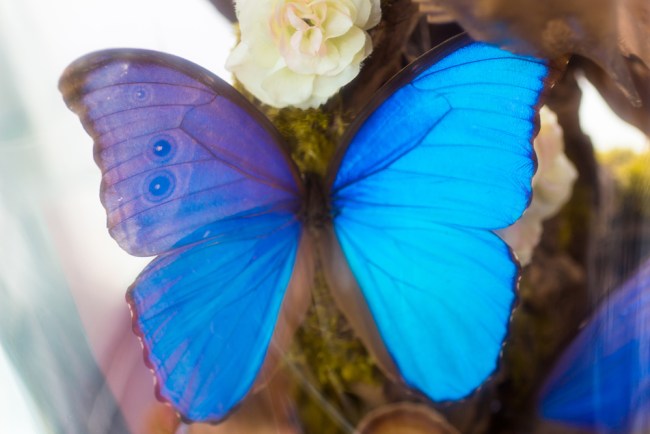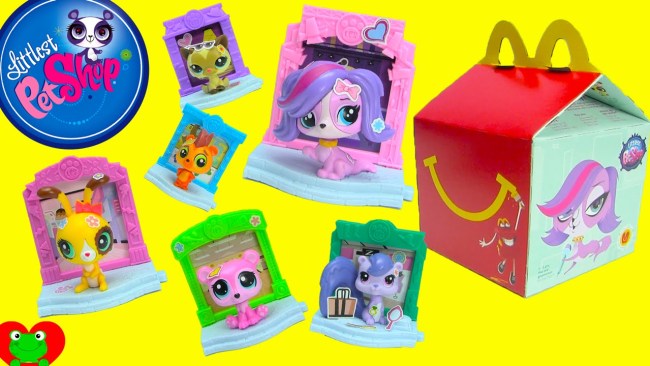Boys Can Like Butterflies: How Policing Little Boys Contributes to a Culture of Male Violence


In the midst of all the horrible things happening in our country right now, there was a Twitter thread I came across a couple of days ago that not only made me sad, but made me very afraid of the ways in which we are all complicit in a culture of male violence. Especially since that male violence seems to be manifesting itself right now in the form of white nationalism.
Hey everyone I’m a clown and I just got back from facepainting at a picnic and here’s my take on male violence in America:
— Sanduhruh (@boguspress) August 12, 2017
In a thread that started with the above tweet, a woman who goes by @boguspress on Twitter, who apparently makes a living as a clown and facepainter at children’s parties and events, talked about a heartbreaking moment in which a mother kept her little boy from getting the facepaint he wanted.
You can check out the full thread by clicking on the above tweet, but she recounts the story of a little boy who asked her to paint a butterfly on his face because he likes butterflies, but then his mother chimed in with, “No, he doesn’t want that.” The rest of the conversation went down like this:
@boguspress: “Butterflies are beautiful, he said that’s what he wants, shouldn’t I paint what he wants?”
Mother: “No give him something for boys”
The mother then turns to the dad and asks: “Do you want your son to have a butterfly on his face?”
Dad: “No.”
The mother made @boguspress paint a skull and crossbones on her son’s cheek instead. @boguspress complied, but when she was done, she asked the little boy if he’d also like a little blue butterfly, the boy said yes, but the mother screamed at the facepainter, “You didn’t ask ME.”
@boguspress replied, “Oh I’m sorry, I thought this was for HIM.” But the mom yelled at her that she’s his mother, and so she’s the one that needs to be asked. The facepainter apologized to the kid.
In the thread, @boguspress then connects the incident to bigger issues:
We are teaching them that anger & violence r the only things they are allowed to experience. That to value beauty & elegance is shameful
— Sanduhruh (@boguspress) August 12, 2017
I know that it was just facepaint, but that’s sort of my point. Why in the hell are these parents shaming their boys over FACEPAINT
— Sanduhruh (@boguspress) August 12, 2017
So the next time you are incredulous about how the govt could shut down our national parks, or build the pipeline, or nuke the planet…
— Sanduhruh (@boguspress) August 12, 2017
Think about what this four year old boy asked for
And what he got ☠️— Sanduhruh (@boguspress) August 12, 2017
This Twitter thread reminds me of my time as a nanny in NYC. I was caring for a pair of brothers, one was seven, the other four.

We went to McDonald’s, and they both wanted Happy Meals. At the time, there was a Transformers Happy Meal in connection to whichever movie had just come out, and there was an alternative Happy Meal that had cute, pastel-colored animals as toys. I think it might have been a Littlest Pet Shop Happy Meal, but I’m not 100% sure. Let’s just go with that for the sake of the story.
The four year old loved animals, and so he asked me to get him the Happy Meal with the animals in it. The older boy wanted Transformers. Cool, cool. When I ordered, I said to the young woman behind the counter, “I’d like one Transformers Happy Meal, and one Littlest Pet Shop Happy Meal.” She looked at the kids I had with me and said, “Oh, that pet shop one is the girls’ Happy Meal. I can give you two Transformers ones, though!”
As if she were cheerfully saving me from making a huge mistake.
I said, “I didn’t ask for a ‘boys Happy Meal’ or a ‘girls Happy Meal.’ I asked for one Transformers Happy Meal, and one Littlest Pet Shop.”
She repeated again that the Littlest Pet Shop one was the girls’ Happy Meal. We went back and forth several times, including one time where I threatened to talk to a manager, before she finally just gave me the damn Happy Meals I asked for with a look on her face that said that she still thought I was completely bonkers for getting one of each for the two boys I was with.
So, boys not only have their parents to worry about when it comes to blocking their ability to love beautiful things, or feel the full breadth of their emotions, they have the general population to worry about, too. Just as girls are constantly talked to about their looks, or told that they can’t do this or that because it’s a “boy” activity, boys are policed about what they enjoy, too, lest they *gasp* appear too feminine. Because that would be the worst.
Thankfully, the boys in my story have parents who counteract the world’s ignorance with regard to gender. At home, the boys played with their Wonder Woman, Live Wire, or Harley Quinn figures just as easily as they played with Superman, Batman, or Aquaman once I gently informed them that they could. The world had told them that only girls could play with the female heroes (which their parents had bought for them), but all it took were some grown-ups they trusted telling them it was okay for them to play Wonder Woman for them to do it.
They already wanted to. They’d just been told it was wrong.
We also traded off on who got to be Ahsoka Tano whenever we’d play Clone Wars.
We do our boys a huge disservice every single time we force “strength,” “power,” and other hallmarks of stereotypically male gender expression upon them, and in doing so, we do the world a disservice.
Girls and women are obviously getting the short end of the stick with regard to patriarchy, what with not being the patriarchs and all, but our boys and men are so deeply repressed about their wants and needs and feelings that there’s nothing left for them but rage and hurt.
And those things, left unchecked over time, can be dangerous. They turn to things like domestic violence and racist/homophobic/transphobic violence. We teach boys to see anything remotely feminine or soft as a weakness, and are then “surprised” when so many of them do violent things.
We shouldn’t be surprised. As a society, we impose the language of violence and rage upon them. What else can they be expected to use?
Individual boys are as different as snowflakes. Some love action and adventure, others love butterflies and female heroes. It’s time we gave boys the space to like either, or both, so that they can be better balanced as human beings, and be truer to themselves. If you have a child who identifies as a boy, consider letting him express his maleness however he sees fit and try to keep your opinion of what that should look like to yourself. If you’re with someone else’s child who identifies as a boy, don’t take it on as your responsibility to correct his interests or his appearance to “save” him from being “too feminine.”
First, because it’s not your child, so mind your business. Second, because when you police someone’s behavior based on gender, you’re doing the world more harm than good. Stop trying to help.
(image: Fotonegi/Shutterstock)
Want more stories like this? Become a subscriber and support the site!
—The Mary Sue has a strict comment policy that forbids, but is not limited to, personal insults toward anyone, hate speech, and trolling.—</p
Have a tip we should know? [email protected]